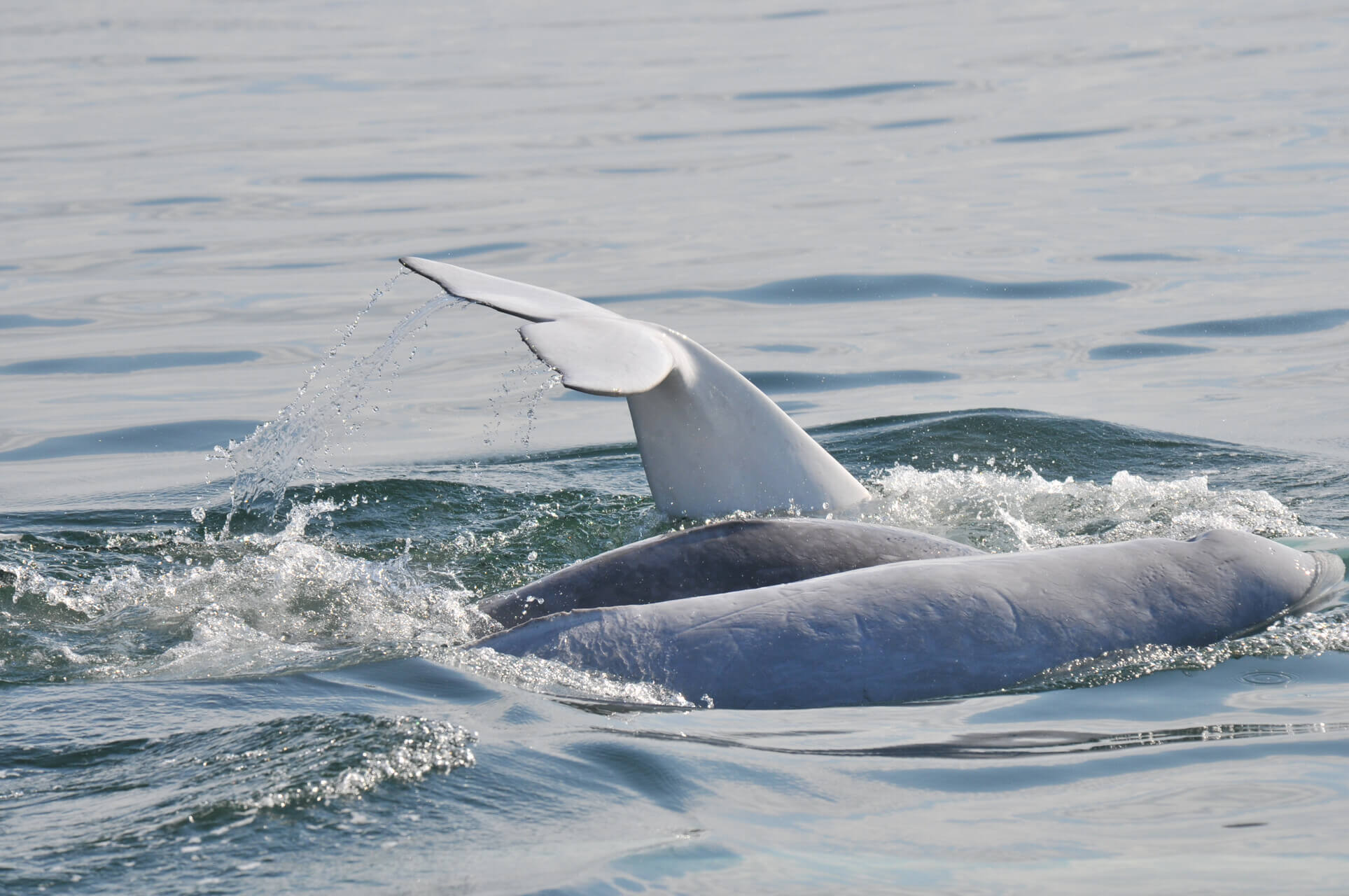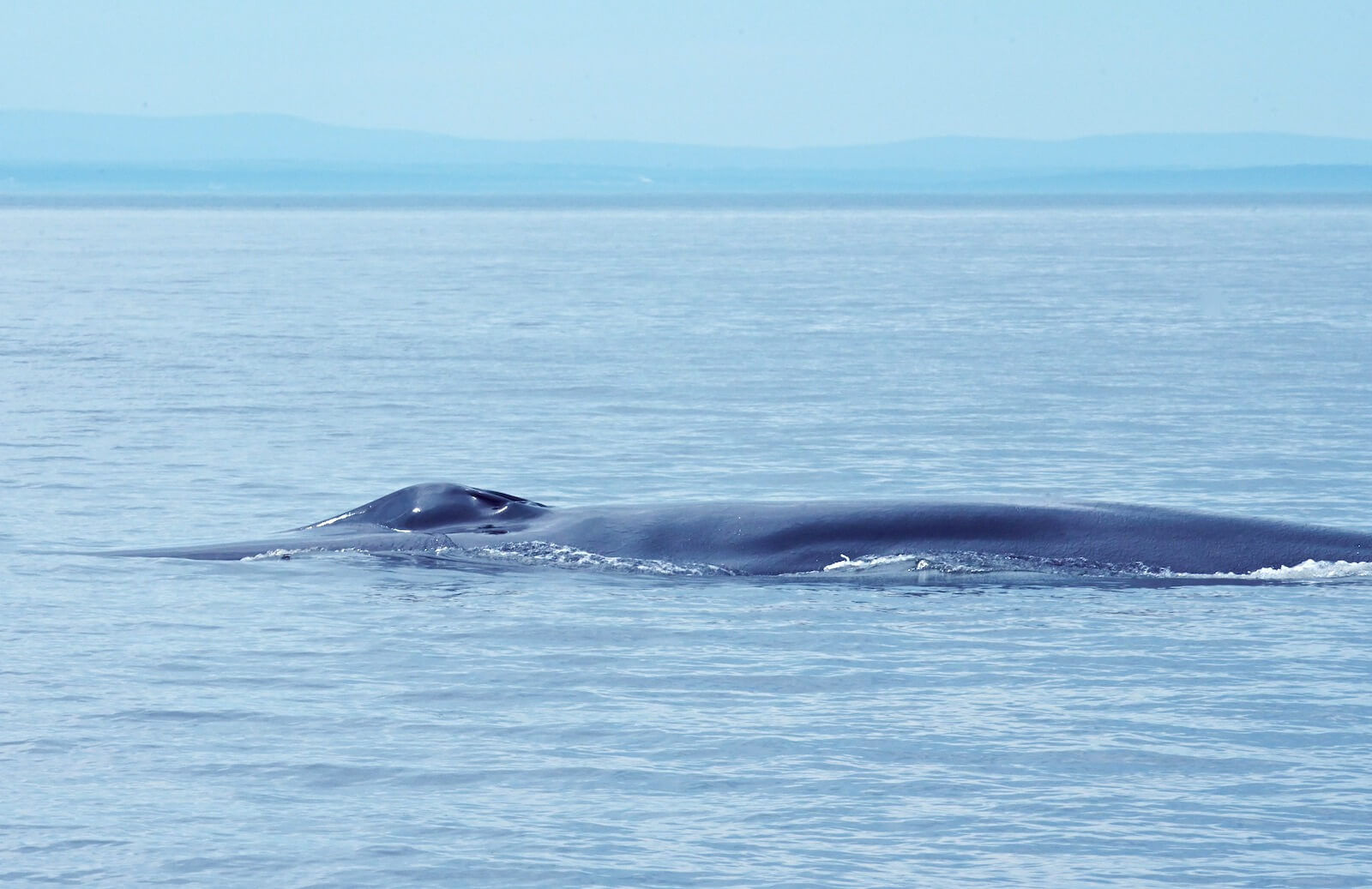Project title
Spatiotemporal Individual-Based Modelling of the St. Lawrence Estuary Beluga Population
Project background and objectives
St. Lawrence Estuary beluga population is currently listed as endangered under the Species at Risk Act of Canada. It is also listed as threatened under the Quebec Act Respecting Threatened or Vulnerable Species. Several threats related to navigation activities in the beluga’s critical habitat limit its recovery, including disturbance and exposure to boats’ underwater noise. Mitigating such navigation impacts requires tools to evaluate the performance of potential measures before taking action. The postdoc fellow’s project is part of a broader research program that aims at building a multiagent simulator of boat and whale movements in both the Saguenay and St. Lawrence Rivers to assess the effectiveness of potential mitigation options. The broader goal of the research program is to support a collaborative process to enhance the protection of the at-risk St. Lawrence Estuary beluga population in its critical summer habitat.
The postdoc fellow’s project aims at building calibrated algorithms that accurately simulate belugas’ individual movements by reproducing data-extracted statistical patterns. Several concurrent hypotheses currently exist regarding beluga movements, social dynamics, and responses to the presence of boats in their critical habitat. These hypotheses will be made explicit by the selected candidate. The related uncertainties will be translated into the proposition of concurrent movement algorithms. Statistical patterns will need to be identified at different scales (individual, group and population) and extracted from several datasets provided by collaborators. These patterns will allow to calibrate the movements algorithms and assess their performance using the Pattern-Oriented Modelling approach. Based on a literature review, the selected candidate will propose a series of beluga-specific indicators of navigation impacts (e.g. masking/communication space, disturbance, collision risks). These indicators will be used to assess the performance of mitigation scenarios using the final simulator that will couple a valid beluga IBM with an existing model of boat movements. The development of beluga’s movement algorithms will be based on behavioral ecology theories and developed in collaboration with researchers who have been studying belugas since the early 80’s. Although this modelling project does not require any data collection in the field, the selected candidate will work in close collaboration with researchers from Group for Research and Education on Marine Mammals (GREMM), Fisheries and Oceans Canada, and Saguenay–St. Lawrence Marine Park, and will have the opportunity to take part in their field campaign.
The desired candidate will show dynamism, motivation, intellectual curiosity and creativity, ability to work independently and as part of a team, along with a great sense of initiative. He/She will be encouraged and supported to travel for scientific communications (conferences, workshops), meetings with partners and stakeholders. The project funding is provided by the Government of Quebec. The selected candidate will be required to participate in the production of deliverables for the Ministry for Forests, Wildlife, and Parks and Ministry for Maritime Affairs on a yearly basis.
Skills
• PhD in Natural Sciences, Engineering, or any discipline relevant for the project
• Proficiency in individual-based modelling
• Java programming or proficiency in another object-oriented programming language
• Preparing scholarship and grant applications
• Proficiency in scientific communication (written and oral) to experts and laypeople, including writing scientific articles and conducting literature reviews
Assets
• Knowledge in behavioural ecology especially social mammals
• Knowledge in underwater acoustics and/or bioacoustics
• Knowledge in GIS, Spatial analysis and spatial statistics
• Other technical skills: R, Python, QGIS and Repast Simphony
Remuneration
• 47k$/year (including UQO’s social benefits)
Period
• From now to March 31st 2020 (with possibility of extension)
Location (flexible)
• Preferably Ripon or Gatineau (Québec, Canada)
Application
Email your academic CV (long form), application letter (detailing your skills and assets related to the project requirements), and the name and contact information of 3 academic references to:
o Pr. Clément Chion ([email protected]; [email protected])
o Pr. Angélique Dupuch ([email protected])
• Deadline: September 30th 2018, or until the position is filled.






